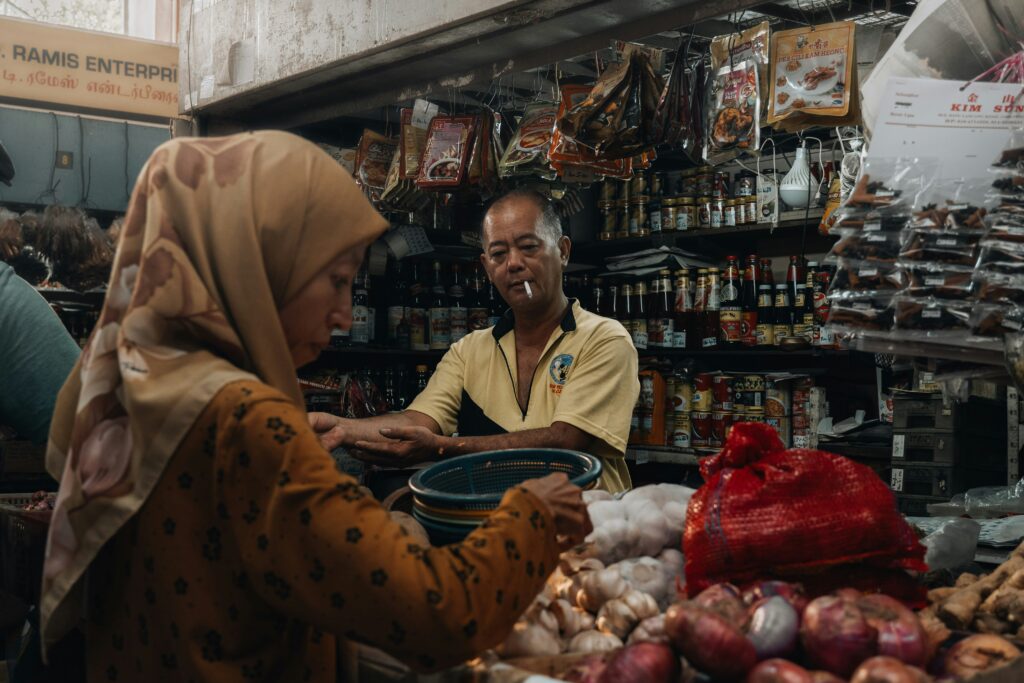A bustling local market is far more than a place to buy and sell goods — it’s the beating heart of community life. Stalls lined with fresh produce, handmade crafts, and familiar faces create a space where culture, commerce, and connection meet. By supporting local markets, we don’t just shop; we preserve traditions, create jobs, and reinforce the economic backbone of communities.
From small-town farmers’ markets to vibrant city bazaars, these hubs of community trade keep people connected and economies alive.
Why Local Markets Matter
Local markets offer benefits that reach far beyond the exchange of money:
- Circulating wealth locally: Every coin spent supports vendors, farmers, and artisans in the same community, keeping money in the local economy.
- Opportunities for small businesses: Markets are often the first step for entrepreneurs to test their products without the high costs of a storefront.
- Preserving culture: From traditional recipes to heritage crafts, markets safeguard skills and knowledge passed down through generations.
- Lowering carbon footprints: Buying from nearby producers cuts the environmental cost of transporting goods across long distances.
Building Stronger Market Networks

A single, well-run market can transform a local economy — but success depends on more than just opening stalls. Communities thrive when markets have:
- Infrastructure: Covered areas to shield goods and shoppers from weather, clean water points, sanitation, and storage facilities for perishables.
- Fair regulation: Affordable stall fees, clear vendor rules, and protection from monopolies ensure a level playing field for all traders.
- Promotion and events: Seasonal festivals, cooking demonstrations, and cultural showcases draw visitors and strengthen community pride.
Supporting Producers and Consumers
Many small-scale farmers, weavers, and artisans face a common challenge: limited access to buyers beyond their immediate surroundings. By connecting them to urban customers through cooperatives, mobile markets, or online platforms, we expand their reach and income.
For consumers, the benefits are equally strong — fresher produce, higher-quality handmade goods, and unique items that carry a story. Buying directly from a producer builds trust and deepens the link between what we consume and where it comes from.

Real-World Example
In Kigali, Rwanda, a cooperative of women basket-weavers began selling their products at a local market. With support from fair-trade networks and an online sales platform, their baskets now reach customers in Europe and North America. This growth has tripled their income, funded local school fees, and helped preserve the weaving tradition for the next generation.
Local Choices, Global Effects
When we choose locally produced goods, we take part in a chain of positive impacts: reducing greenhouse gas emissions, sustaining small businesses, and keeping cultural products alive. While global supply chains often favour mass-produced goods, local markets celebrate craftsmanship and authenticity — values that resonate far beyond a single community.
Final Submission
Every purchase is more than a transaction — it’s a statement about the kind of world we want to build. By supporting local markets, we invest in a stronger, more self-reliant community and a more sustainable global economy.
Together, we can nurture sustainable, fair, and hopeful communities.



